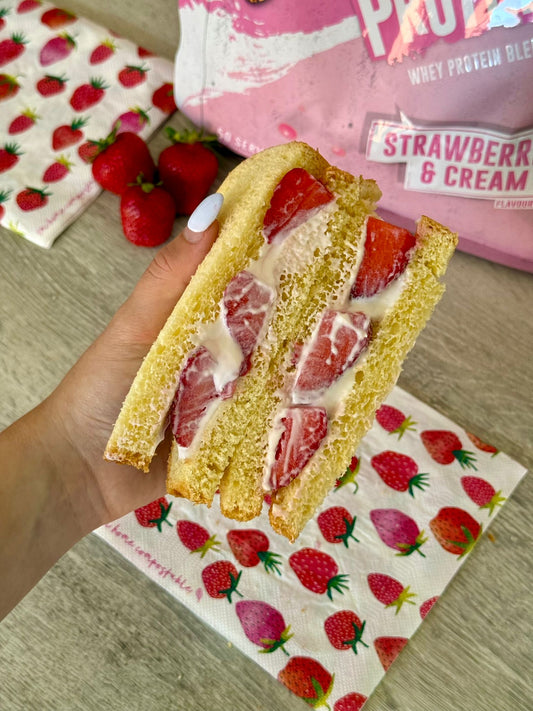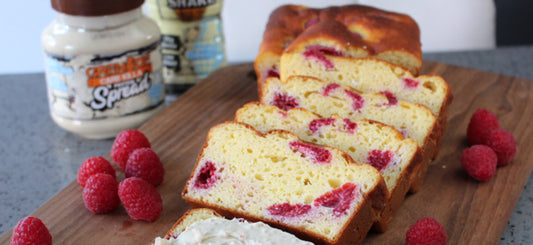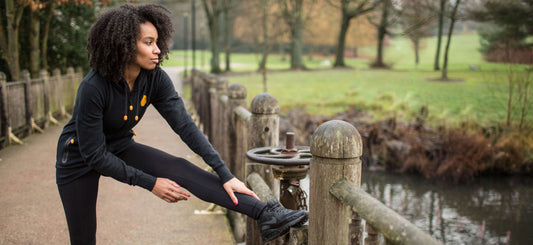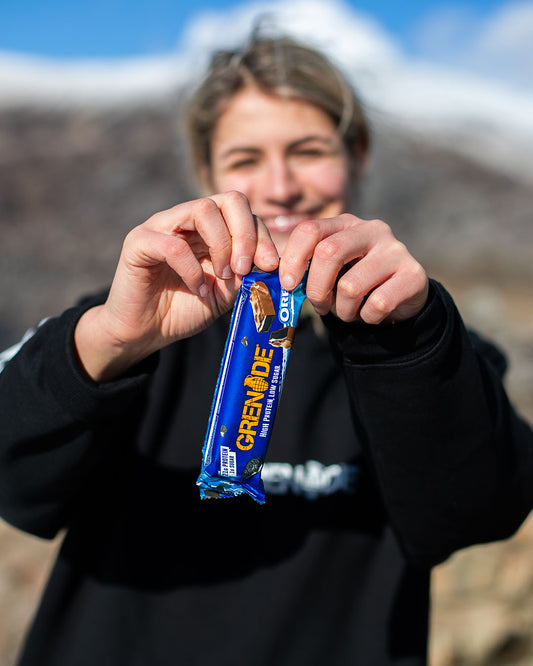Blogs

High Protein Fudge Trifle
The festive season calls for just one thing…a GIANT sharing trifle👀 try my high protein twist on a classic chocolate trifle and enjoy with the entire family🍫 enjoy for just...
High Protein Fudge Trifle
The festive season calls for just one thing…a GIANT sharing trifle👀 try my high protein twist on a classic chocolate trifle and enjoy with the entire family🍫 enjoy for just...

High Protein Cheesecake Recipe
Craving something sweet but still want to stay on track with your goals? These caramelised biscuit protein cheesecakes are a perfect fridge-friendly snack – creamy, indulgent, and packed with protein...
High Protein Cheesecake Recipe
Craving something sweet but still want to stay on track with your goals? These caramelised biscuit protein cheesecakes are a perfect fridge-friendly snack – creamy, indulgent, and packed with protein...

Viral: High Protein Strawberries & Cream Sandwi...
Looking for a simple, high-protein snack that feels like a treat? Check out Kirsty Fletcher's fresh take on the viral favourite, the Strawberries & Cream Sandwich...with added protein! This strawberries &...
Viral: High Protein Strawberries & Cream Sandwi...
Looking for a simple, high-protein snack that feels like a treat? Check out Kirsty Fletcher's fresh take on the viral favourite, the Strawberries & Cream Sandwich...with added protein! This strawberries &...

Raspberry and vanilla protein loaf
Can’t resist the carby deliciousness of bread? Well, you needn’t say no to this macro-friendly Raspberry Vanilla loaf, created by baking pro Elkie Chiu.
Raspberry and vanilla protein loaf
Can’t resist the carby deliciousness of bread? Well, you needn’t say no to this macro-friendly Raspberry Vanilla loaf, created by baking pro Elkie Chiu.

What is DOMS (Delayed Onset Muscle Soreness) an...
Ever hit it hard at the gym and then woken up barely able to move? That, my friend, is DOMS, otherwise known as Delayed Onset Muscle Soreness. That dull ache...
What is DOMS (Delayed Onset Muscle Soreness) an...
Ever hit it hard at the gym and then woken up barely able to move? That, my friend, is DOMS, otherwise known as Delayed Onset Muscle Soreness. That dull ache...

Becca Wakefield: The Superhero Paramedic & Ultr...
Meet Becca Wakefield, a modern-day superhero with a powerful passion for adventure and pushing her limits. Both a Paramedic and an Ultra-Marathon Runner, Becca has quite the story...
Becca Wakefield: The Superhero Paramedic & Ultr...
Meet Becca Wakefield, a modern-day superhero with a powerful passion for adventure and pushing her limits. Both a Paramedic and an Ultra-Marathon Runner, Becca has quite the story...
